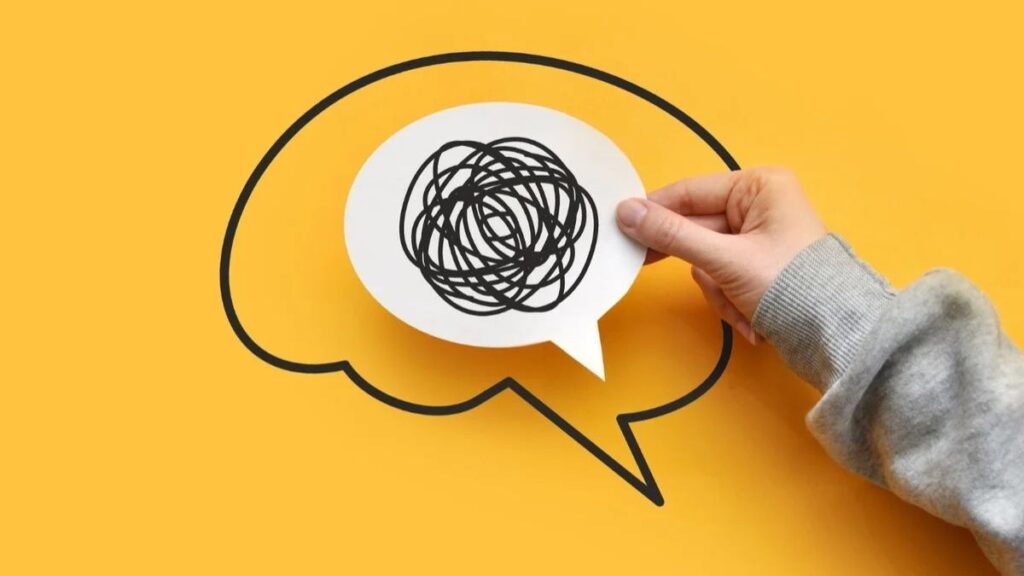Introduction to the Psychological Aspect of Erection
When it comes to sexual health, the conversation often revolves around physical factors. However, the psychological aspect of erection is equally crucial and frequently overlooked. The mind plays a powerful role in our bodies’ responses, especially when it comes to intimacy. Understanding how emotions impact this intimate experience can shed light on many challenges people face.
Imagine feeling stressed or anxious right before a romantic encounter; that tension can significantly affect your performance. Erectn isn’t just about the physical; it’s intertwined with our emotional well-being. By delving into how feelings influence erectile function, we can uncover valuable insights and techniques for improvement.
Join us as we explore this intricate connection between psychology and erectn—because mental health matters just as much as physical health when it comes to enjoying fulfilling relationships.
The Link Between Emotions and Erection
Emotions play a crucial role in the complex process of achieving an erection. It’s not just about physical arousal; mental well-being significantly influences sexual performance. When someone feels confident and relaxed, it can lead to better outcomes in the bedroom.
On the flip side, negative emotions like fear or shame may hinder this experience. Stress can create barriers that interfere with erectile function, making it difficult to achieve intimacy.
The brain releases various hormones during emotional highs and lows that directly affect blood flow and nerve signals significant for erections. Understanding this connection is vital for addressing challenges related to sexual health.
Recognizing emotional triggers might empower individuals to navigate these situations more effectively. A supportive environment fosters positive feelings which are essential in creating a healthy sexual atmosphere.
Understanding Stress and its Effects on Erection
Stress is a silent enemy that can wreak havoc on your body and mind. When life’s pressures mount, the physiological effects kick in. Your brain releases cortisol, which leads to constricted blood vessels and reduced blood flow.
This process directly impacts erections. Many men may find it challenging to achieve or maintain an erection during stressful times. The connection between stress levels and sexual performance is significant but often overlooked.
Additionally, stress can lead to a cycle of self-doubt and frustration regarding sexual health. This mental burden further complicates arousal responses.
Physical symptoms such as fatigue or tension also arise from stress, making intimacy feel less appealing. Recognizing this link is crucial for understanding how emotional well-being directly affects erectile function.
The Role of Anxiety in Erectile Dysfunction
Anxiety can be a silent yet powerful enemy when it comes to sexual performance. The pressure of wanting to perform well often spirals into fear, creating a cycle that is hard to break.
When anxiety takes hold, the mind races with negative thoughts and self-doubt. This mental chatter can overshadow any physical desire or arousal. Instead of focusing on intimacy, attention shifts toward worries about failure.
Moreover, anxiety triggers physiological responses in the body. Stress hormones flood the system, diverting blood flow away from essential areas needed for an erection. Simply put, your body’s natural response to stress undermines what should be a pleasurable experience.
Addressing these feelings is crucial for reclaiming sexual confidence. Understanding how anxiety affects erections opens pathways toward healing and better emotional management during intimate moments.
How Depression Affects Sexual Performance
Depression can profoundly impact sexual performance. It often leads to a loss of interest in intimacy, making it difficult for individuals to engage with their partners.
The emotional weight of depression creates barriers. Feelings of sadness and hopelessness can diminish arousal and desire, resulting in reduced erections or difficulty achieving them.
Moreover, the biochemical changes associated with depression may alter hormone levels. This disruption can further complicate physical responses during intimate moments.
Additionally, negative self-perception plays a role. Individuals battling depression might feel unattractive or inadequate, leading to anxiety that only exacerbates erectile challenges.
Communication issues also arise. Couples may struggle to discuss their feelings openly when one partner is depressed, creating distance and misunderstandings that affect their sexual relationship.
Understanding these dynamics is essential for addressing the issue holistically rather than solely focusing on physical solutions.
Techniques for Managing Emotions and Improving Erection
Managing emotions effectively can significantly enhance erection quality. One powerful technique is mindfulness meditation. This practice helps quiet the mind, reducing anxiety and allowing for a relaxed state during intimate moments.
Breathing exercises also play a crucial role. Deep breathing techniques lower stress levels and promote relaxation, making it easier to achieve and maintain an erection.
Physical activity shouldn’t be overlooked either. Regular exercise releases endorphins, which boost mood and decrease feelings of depression or anxiety that may hinder sexual performance.
Additionally, open communication with partners fosters trust and intimacy. Sharing feelings can alleviate pressure and lead to a more satisfying experience for both.
Consulting a mental health professional can provide tailored strategies for dealing with underlying emotional issues that impact sexuality.
Conclusion: Taking Care of Your Mental Health for Better Sexual Health
Taking care of your mental health is crucial for overall well-being, particularly when it comes to sexual health. A healthy mind often leads to a healthier body and improved performance. Addressing emotional issues like stress, anxiety, and depression can significantly enhance erectile function.
Practicing mindfulness may help in regulating emotions. Activities such as meditation or yoga can reduce anxiety levels, making it easier to focus on intimacy rather than worry about performance. Open communication with partners also plays a vital role; discussing feelings and concerns fosters understanding and reduces pressure.
Seeking professional help from therapists or counselors provides additional support for managing emotional challenges. It’s essential not just to treat the symptoms but also work through underlying psychological factors contributing to erection difficulties.
Prioritizing mental wellness creates a positive feedback loop that enhances both emotional stability and physical responses during intimate moments. Fostering a balanced approach to mental health can lead to better sexual experiences over time.






